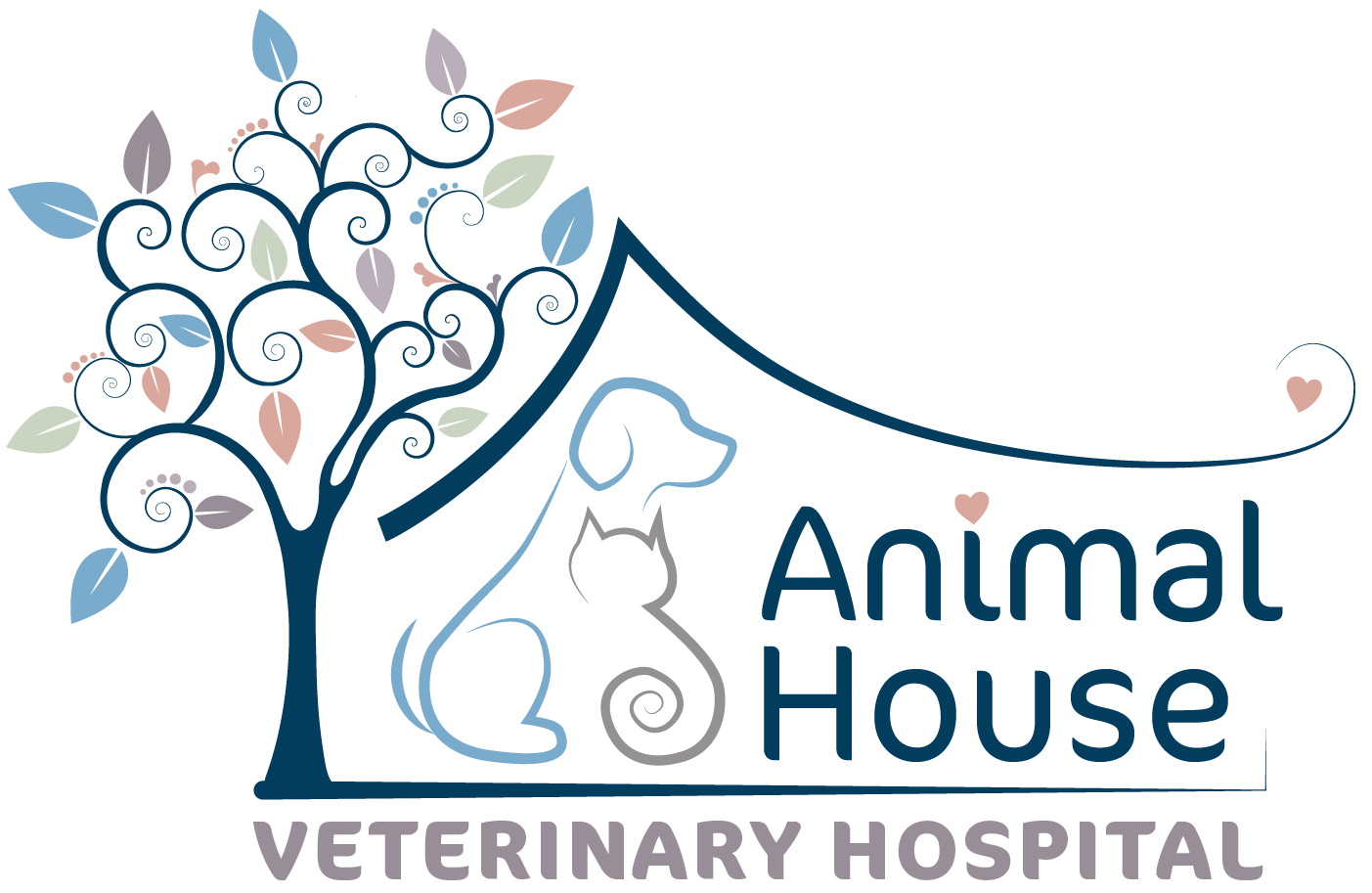Food Allergies in Cats
What is a food allergy?
 A food allergy refers to an adverse reaction caused by the immune system (an allergic reaction) to a specific protein found within food. Although we understand the mechanism by which food allergies occur in cats, it is not known why they occur. It is not yet determined why some cats develop food allergies and others do not.
A food allergy refers to an adverse reaction caused by the immune system (an allergic reaction) to a specific protein found within food. Although we understand the mechanism by which food allergies occur in cats, it is not known why they occur. It is not yet determined why some cats develop food allergies and others do not.
What foods are associated with food allergies?
The foods typically associated with food allergies in cats include beef, fish, chicken, and dairy. A cat must have been exposed to a food ingredient before developing an allergy to it. An ingredient a cat has consumed for a long time can still cause an allergy at some point in the cat’s life. An animal cannot develop an allergy to a food that it has never been exposed to. Limited research has been performed in this area and there may be other allergens that have not yet been identified.
What are the risk factors for food allergies in cats?
Genetic predisposition plays an important role in food allergies. Food allergies are also often related to atopy (inhalant or environmental allergies); many cats react to both food ingredients and environmental allergens. See handout “Inhalant Allergies (Atopy) in Cats” for further information on atopy. Food allergies can develop in a cat any time after three months of age. Male and female cats are equally likely to develop food allergies.
What are the clinical signs of food allergies in cats?
Cats with allergies often present with chronic, year-round itching and skin inflammation. This itching typically affects the face, ears, belly, groin, armpits, legs, and paws. These cats are so itchy that they often over-groom themselves, causing significant trauma to their skin (wounds, abrasions) and hair loss. Affected cats may also develop recurrent infections of both the skin and ears. In some cats, these infections may be the only clinical sign of food allergies.
In some cases, cats with food allergies develop gastrointestinal signs such as vomiting or diarrhea in addition to their skin symptoms. These cats may develop itching around the rectum, which leads to scooting. Cats with food allergies may also have frequent bowel movements or strain when defecating.
How will my veterinarian diagnose a food allergy in my cat?
At this time, the only reliable test for diagnosing food allergies in cats is an elimination diet trial. This test involves feeding a diet that does not contain any proteins your cat has been previously exposed to. This trial will take at least eight weeks. A trial diet may take the form of a:
- Veterinary hydrolyzed protein diet, in which the protein molecules are broken down to a size too small to be recognized by your cat's immune system (e.g., Hill's Prescription Diet z/d®, Royal Canin Hypoallergenic Hydrolyzed Protein®, and Purina ProPlan Veterinary Diets HA Hydrolyzed®).
- Veterinary novel protein diet that does not contain any products that were present in your cat's previous foods (e.g., Hill's Prescription Diet d/d®, Royal Canin Selected Protein PD® or Selected Protein VR®, Rayne Nutrition Kangaroo-MAINT™ or Rabbit-MAINT™)
- Home-prepared novel protein diet that does not contain any ingredients that were present in your cat's previous diets (must be formulated by a veterinary nutritionist and typically requires the addition of a balancing supplement such as Hilary’s Blend for Cats™ or Balance IT®).
Your veterinarian will prescribe the best option specific to your cat’s needs. While your cat is in the elimination diet trial, she must eat only the food that has been recommended by your veterinarian. It is very important that no other treats, supplements, or other edible products be fed during the trial. Be vigilant about cleaning dishes off the table after family meals, because even licking a plate clean may interfere with the results of a food trial. Your cat can only consume the prescribed food, water, and unflavored prescribed medications during the trial.
If your cat's allergy symptoms resolve while on the food trial, the next step is to perform a food challenge. This means re-introducing your cat's old food. If your cat's symptoms resolve with the food trial and then return within one week of the food challenge, your cat has been definitively diagnosed with a food allergy.
Since chronic itching associated with food allergies can also be caused by other conditions such as external parasites, bacterial infection, yeast infection, or other allergies, additional testing is often recommended to determine the cause(s) of your cat's skin condition.
How are food allergies in cats treated?
Food allergies, like other allergies, cannot be cured. Instead, they are managed through the avoidance of ingredients that trigger flare-ups. Once your cat has been diagnosed with a food allergy, you may choose to continue the food that you used during the food trial for long-term maintenance. Alternatively, you may be able to work with your veterinarian to find a different food that will provide similar relief from symptoms. Every cat differs in the severity of its food allergies. Some cats may react dramatically to even trace levels of an offending allergen, requiring carefully controlled hypoallergenic foods, while other cats may have a higher tolerance and do well on a specific novel protein diet.
Some cat foods available in retail stores may tout that they are ‘limited-ingredient’ or do not contain the ingredient(s) that your cat is allergic to, but it is important to note that, unlike veterinary diets, retail pet foods are not manufactured with the extreme health and safety protocols to prevent cross-contamination.
Regardless, once you have found a diet that works for your cat, you will need to continue that diet long-term, avoiding cat treats and other foods that contain the ingredient that triggers an allergic reaction. With careful dietary control, the prognosis for cats with food allergies is generally good.
© Copyright 2025 LifeLearn Inc. Used and/or modified with permission under license. This content written by LifeLearn Animal Health (LifeLearn Inc.) is licensed to this practice for the personal use of our clients. Any copying, printing or further distribution is prohibited without the express written consent of LifeLearn. This content does not contain all available information for any referenced medications and has not been reviewed by the FDA Center for Veterinary Medicine, or Health Canada Veterinary Drugs Directorate. This content may help answer commonly asked questions, but is not a substitute for medical advice, or a proper consultation and/or clinical examination of your pet by a veterinarian. Please contact your veterinarian if you have any questions or concerns about your pet’s health. Last updated on Sep 20, 2024.


